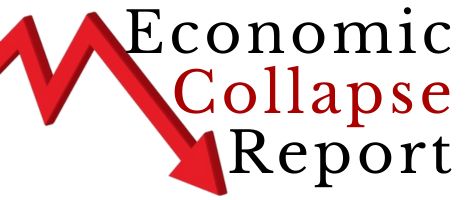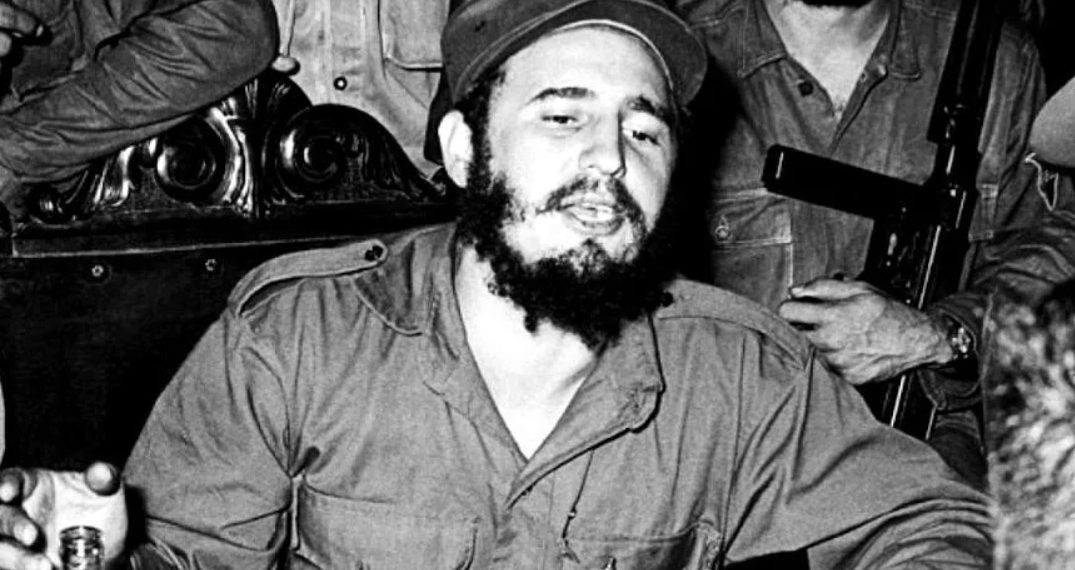On his first day of his second term, President Donald Trump revoked President Joe Biden’s recent decision to remove Cuba from the U.S. list of state sponsors of terrorism. This action reverses a key Biden policy aimed at easing sanctions on Cuba, which was accompanied by Cuba’s agreement to release over 500 prisoners. Trump’s decision reaffirms Cuba’s designation as a terrorism sponsor, a label his administration originally imposed in 2021.
Biden’s initial policy aimed to improve relations with Cuba, easing financial restrictions and curbing lawsuits over property seizures tied to the Cuban Revolution. However, Trump’s reversal has kept the status quo intact, with Cuba enduring ongoing economic sanctions and facing criticism for alleged human rights abuses. The reality is that four years later, 500 protesters remain imprisoned in Cuba—a stark example of communist repression. There is no justification for the U.S. to compromise its national security to appease a communist regime in the hope that it will treat its own people humanely.
In 2024, the House Homeland Security Committee, led by Subcommittee Chairman Carlos Gimenez, criticized the Biden administration for hosting Cuban officials during a TSA visit without notifying Congress or local authorities. Gimenez expressed concerns over Cuba’s status as a State Sponsor of Terrorism and its close ties to adversaries like China and Russia. He highlighted Cuba’s history of espionage against the U.S., human rights abuses, and alleged targeting of American diplomats. Gimenez condemned the TSA’s negligence in facilitating the visit, calling for stricter policies and coordination to prevent similar incidents. He emphasized that the U.S. should not reward the Cuban regime while it continues oppressive practices.
Over the past 30 years, Cuba has conducted multiple espionage operations targeting the United States, underscoring its persistent efforts to infiltrate U.S. institutions. Notable cases include Ana Montes, a Defense Intelligence Agency analyst who provided classified information to Cuba for 17 years before her 2001 arrest. The “Cuban Five,” arrested in 1998, operated as part of the Wasp Network to infiltrate U.S. military installations and Cuban-American groups. In 2006, Carlos and Elsa Alvarez, employees at Florida International University, were convicted of acting as covert Cuban agents for nearly 30 years. More recently, retired U.S. diplomat Victor Manuel Rocha was arrested in 2023 and sentenced to 15 years in prison for gathering intelligence for Cuba since 1981. These incidents reveal a decades-long strategy by Cuba to gather intelligence within the United States, while its close relationship with China adds another layer of concern.
China reportedly operates sophisticated listening posts in Cuba, with research by CSIS identifying four likely sites used for intelligence collection on the U.S. and its neighbors. Satellite imagery and open-source analysis reveal recent upgrades to these facilities, reflecting China’s growing influence as Cuba becomes increasingly reliant on its economic support. These developments, coupled with Cuba’s proximity to the U.S. mainland, have heightened tensions in the U.S.-China geopolitical rivalry and raised alarms among U.S. policymakers. While China and Cuba share ideological similarities, their relationship was strained during the Cold War due to Cuba’s dependence on Soviet aid. Since the 1990s, however, their ties have strengthened, with China emerging as a key trade partner, diplomatic ally, and supporter of Cuba’s surveillance capabilities. These dynamics underscore the need for the U.S. and its regional partners to monitor China’s activities in Cuba and push for transparency to mitigate potential risks. Biden’s decision to remove Cuba from the terrorism list was a step in the opposite direction. […]
— Read More: www.thegatewaypundit.com


